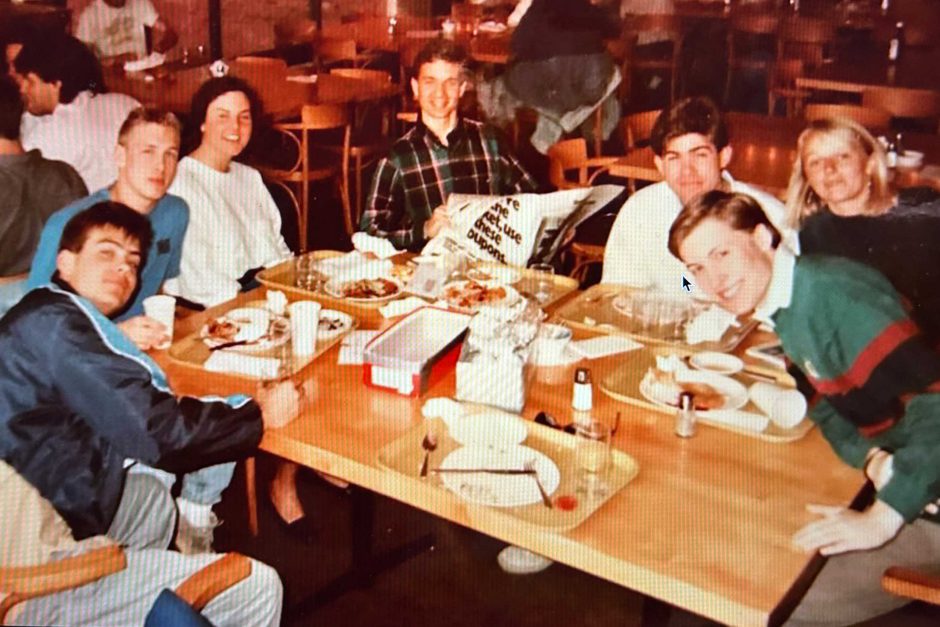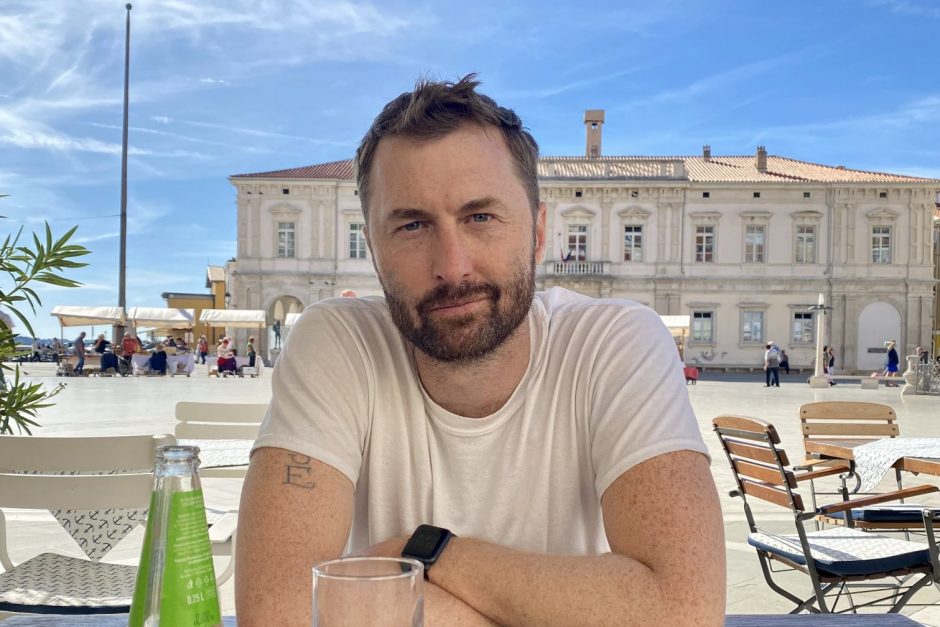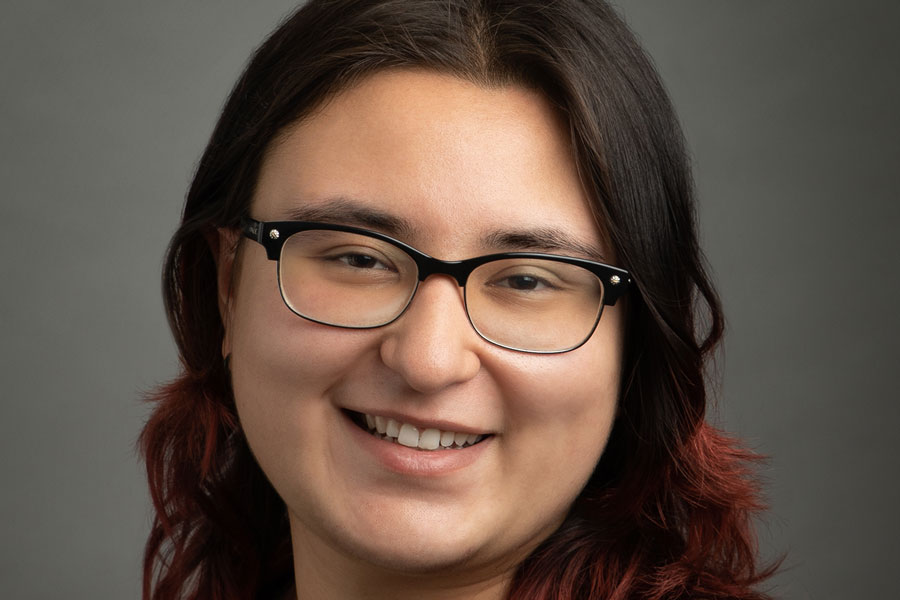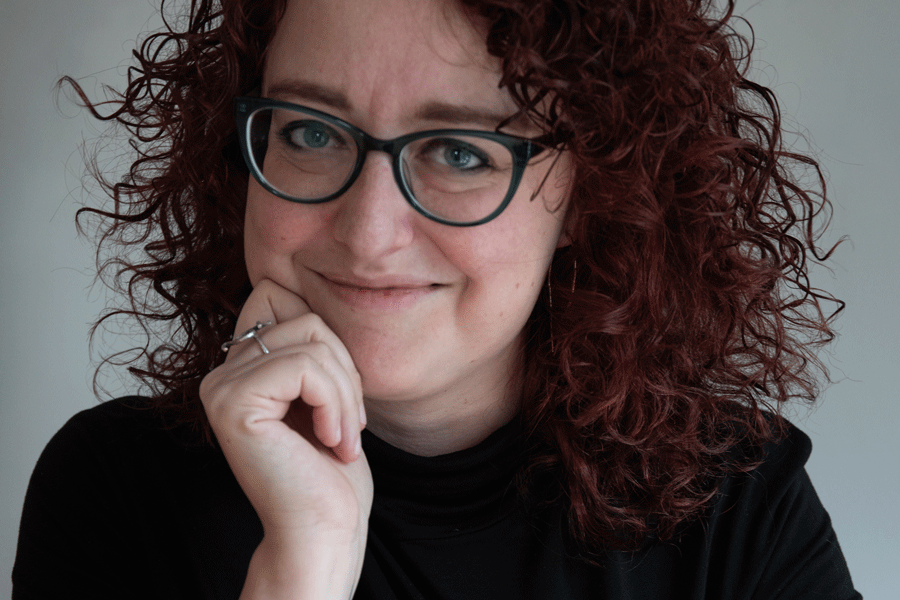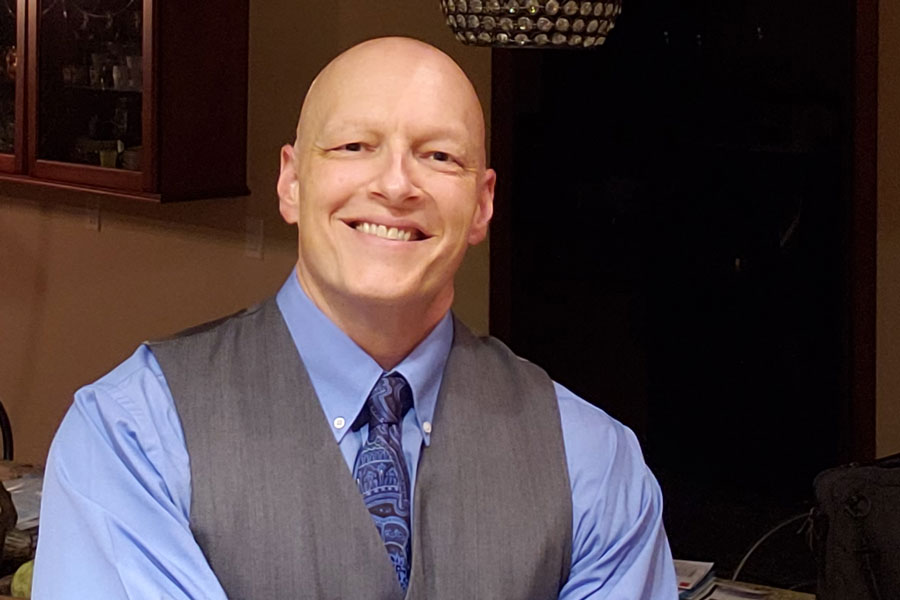A glimmer of hope in North Korea
After an absence of nearly 30 years, I returned to Cornell recently to do a little teaching in biochemistry, physiology, and epidemiology. I was struck by the openness of students to new ideas and their willingness to share their thoughts. As I strolled through campus and spoke informally with students, their smiles and enthusiasm reflected optimism for a bright future.
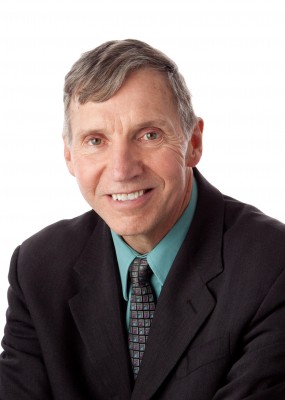
Recalling my own years on the Hilltop, I was struck by the contrasts with another college to which I have ties, the Pyongyang University of Science and Technology (PUST) in North Korea. The fact that a western-run, English language institution can even exist in one of the most isolated countries in the world is truly astounding. Like Cornell, its students are bright and inquisitive.
However, because of government restrictions, the differences in college life are stark. The students march to and from classes in formation singing patriotic songs; when available, the internet is closely monitored; unauthorized contact with the western faculty is forbidden. Yet, the importance of educating these leaders of tomorrow cannot be overstated. Where efforts to cajole, appease, and confront the government through economic or military means have failed to calm tensions, it may be possible that exposing these young people to western ideas can succeed. My colleagues and I at PUST have dreams for its future. At the government’s request, a health sciences center with medical, pharmacy, and public health schools is in the planning stage. An investigation into the causes and prevention of liver cancer will be started once current tensions subside. A feeding program for over 35,000 orphans continues with the help of a sister university in China.
If one views the Korean peninsula from space at night, the demarcation between the north and south is obvious. The south is illuminated intensely by its busy factories and bustling cities, while the north appears like a black hole with only a glimmer of light emanating from its capital, Pyongyang. I like to think that this single light is figuratively shining from PUST, but recent events on the peninsula make me fear for the future of this critical spark of cooperation and progress.
When I left Cornell in 1972, it was as a Marine lieutenant with our country still at war in Southeast Asia. Decades later as a physician, I returned many times to Vietnam, Cambodia, and Laos on medical mission trips. While war could not achieve victory, benevolence and cooperation have overcome former barriers. It is my fervent hope that nations never need to be taught this lesson again.
My time at Cornell was one of my many blessings in life. Never before or since have I been given the time to learn in such an uninhibited way, the freedom to try activities I’d never considered, and the opportunity to mature in relation to others. At Cornell I experienced love, despair, hope, and discovered that even when things seem dark, opportunity waits in the shadows. While I am pragmatic enough to know that earth will always be an imperfect place, I can still dream that the freedoms that I enjoyed at Cornell to learn and grow may someday be offered to all young men and women, no matter their nationality, and through those opportunities we may have a more peaceful world.

